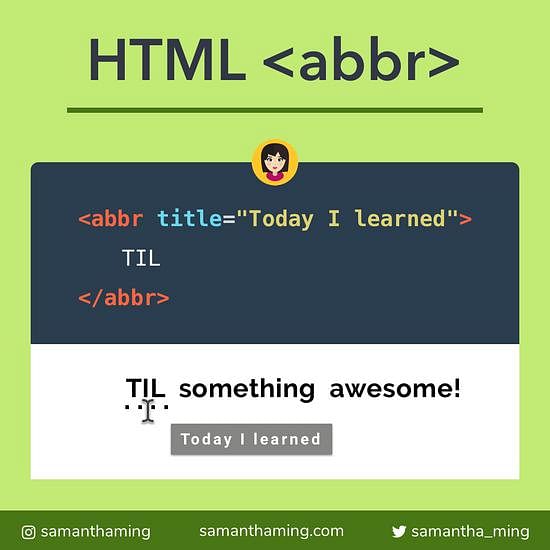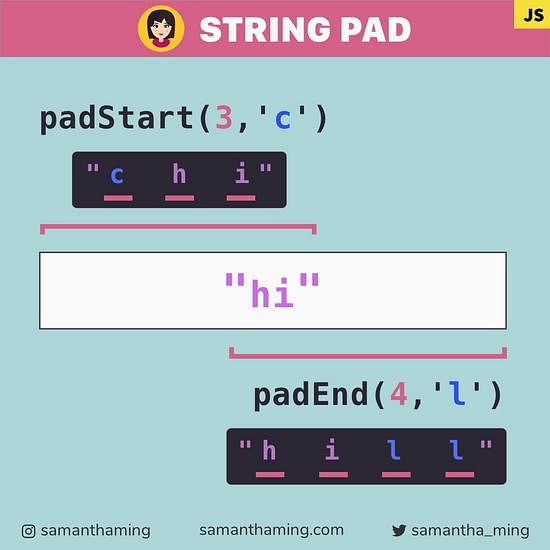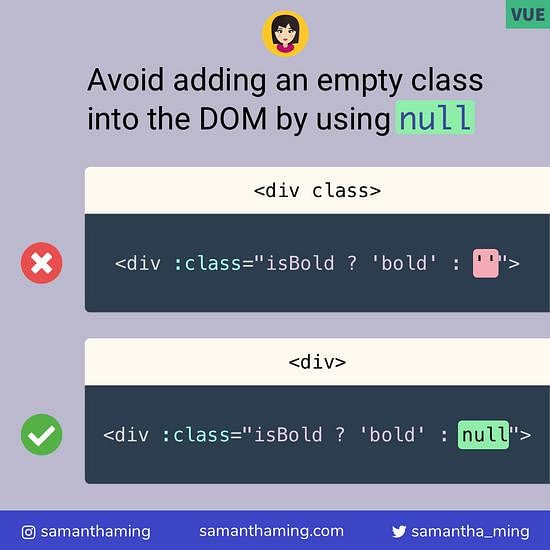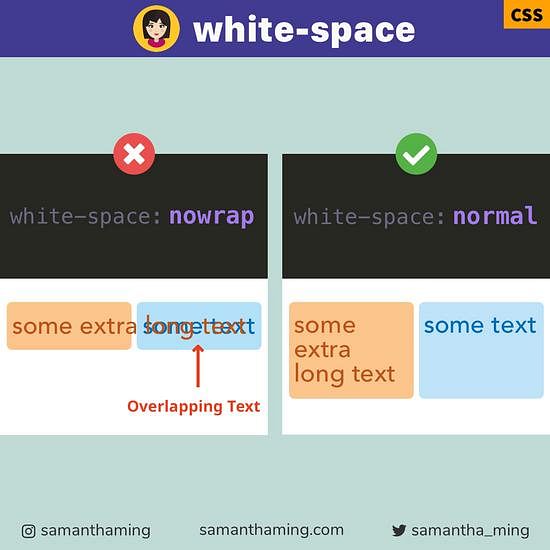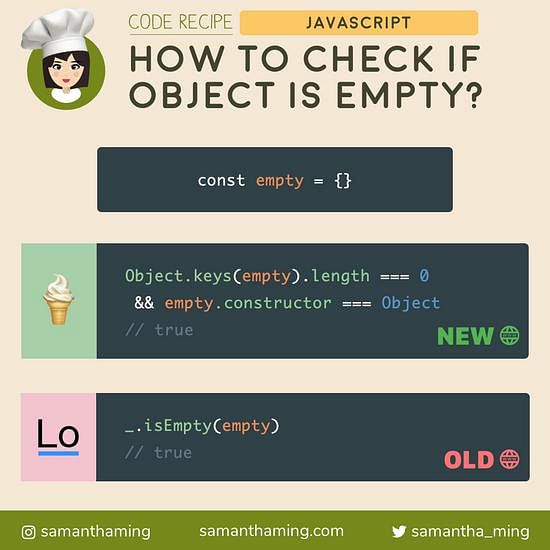# Named Parameters using Destructured Objects
Yay, Destructured Objects to the rescue 🎉
Since JavaScript doesn’t natively support named parameters. This is a cool way around this issue. No more worrying about the specific order of inserting your arguments 👍
// Boo, arguments must be in specific order
function meal(protein, carb, veggie) {}
meal('🥩', '🍚', '🥦');
// Yay, arguments can be in any order
function meal2({ protein, carb, veggie }) {}
meal2({ carb: '🍚', veggie: '🥦', protein: '🥩' });
Here's how you can access the value within the function
function meal2({ protein, carb, veggie }) {
console.log(protein, veggie, carb); // 🥩 🥦 🍚
}
meal2({ carb: '🍚', veggie: '🥦', protein: '🥩' });
# Add a Default to Safe Guard from Error
If you forget to pass an argument to the function, you will get a TypeError
function meal2({ protein, carb, veggie }) {}
meal2(); // No Argument
// This will throw a "TypeError: Cannot destructure property ..."
Solution: To solve this, you can set a default empty object, {}. So if you forget to pass an argument, you will get undefined instead.
function meal2({ protein, carb, veggie } = {}) { // 👈
}
meal2(); // No Argument
// This will return "undefined"
# Combining with Default Parameters
You can also set default parameter within the object.
function meal2({ protein = 'protein', carb, veggie } = {}) {
console.log(
protein, // 'protein'
veggie, // undefined
carb, // '🍚'
);
}
meal2({ carb: '🍚' });
# Community Examples
# Combining with Optional Arguments
RanqueBenoit: Great if some are optional arguments too! Also for default values.
function oneFunc(options = {}) {
let defaults = { one: 1 };
options = { ...defaults, ...options };
return options.one;
}
oneFunc(); // 1
oneFunc({}); // 1
oneFunc({ one: 2 }); // 2
Thanks: @RanqueBenoit
